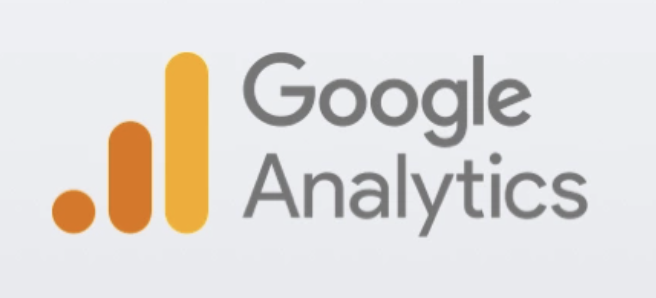
Back to hub
Blog
Software
Marketing
21 Best Digital Marketing Tools in 2025
Published on May 27, 2025Updated on Aug 22, 2025
Think of digital marketing like cooking a five-star meal. You can have the finest ingredients (your content), the perfect recipe (your strategy), and culinary skills that would make Gordon Ramsay jealous, but without the right tools? You're trying to julienne vegetables with a butter knife while your competitors are using professional chef equipment.The digital marketing landscape in 2025 is more competitive than a Black Friday sale at Target. The global digital marketing industry is expected to reach $786.2 billion by 2026, and every business is fighting tooth and nail for their slice of that massive pie. The difference between those who succeed and those who get left behind?
The tools they use.Whether you're a solopreneur wearing more hats than a traveling hat salesman or part of a marketing team at a Fortune 500 company, this comprehensive guide will arm you with the 20 best digital marketing tools that'll transform your marketing efforts from amateur hour to professional-grade in 2025.
Why Digital Marketing Tools Are Your Secret Weapon in 2025
To be efficient, productive, and, most importantly, to measure your success, you need the right tools. Digital marketing tools are what help streamline repetitive tasks, cut down on errors, and help you understand what's actually working in real-time.Picture this: you're manually posting on social media, tracking analytics with spreadsheets, and sending emails one by one. Meanwhile, your competitor is using automated tools that do the same work in half the time with twice the effectiveness. Who do you think is going to win that race?Nearly every aspect of digital marketing relies on specialized software: managing social media campaigns, creating and running ads, optimizing for search, creating engaging content, or analyzing performance. It's not just about convenience—it's about survival in an increasingly automated world.
SEO & Analytics Tools: The Foundation of Your Digital Empire
1. Google Analytics 4 - The Crystal Ball of Digital Marketing

Google Analytics doesn't need any specific introduction as it's the industry standard and a must-know for any digital marketer. It implies a more complicated learning experience than some alternatives, but the depth of features is unmatched.
Why it's essential: GA4 is like having a mind reader for your website. It tells you not just who's visiting, but what they're thinking, where they're going, and why they're leaving.
Key Features:
Enhanced e-commerce tracking
Cross-platform analytics
AI-powered insights
Custom funnel analysis
Pro Tip: Set up conversion tracking from day one, even if you think you don't need it yet. Trust me, future you will thank present you.
2. Ahrefs - The SEO Powerhouse

Ahrefs has solidified its position as one of the leaders of the SEO industry. It offers comprehensive tools for keyword research, competitor analysis, and content optimization. Its extensive backlink database and competitive intelligence features make it important for serious SEO professionals.
Key Features:
Keyword explorer with 20+ billion keywords
Site audit tools
Competitor backlink analysis
Content gap analysis
3. Semrush - The All-in-One SEO Swiss Army Knife
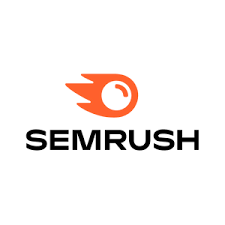
SEMrush, unlike SEO-focused tools, is a digital marketing suite with tools for SEO, advertising, content marketing, and social media analysis. I was impressed by its extensive keyword database, which includes search volume, keyword difficulty, and SERP features.
Pricing: Starting from $129.99/month
Best for: Agencies and larger businesses needing comprehensive competitive analysis
Content Creation & Marketing Tools: Where Ideas Come to Life
4. Luppa.ai - All-in-one AI Marketing Platform
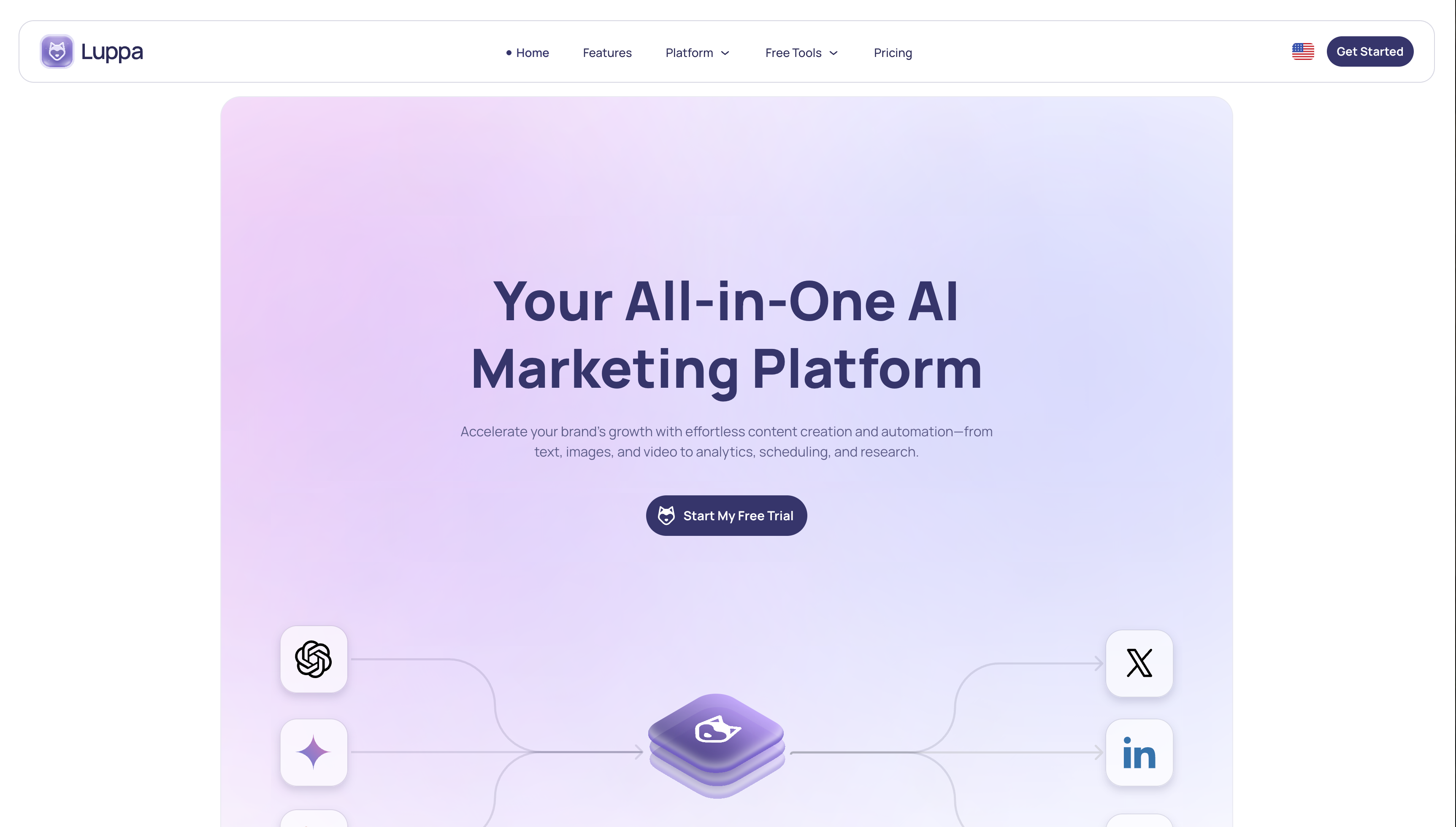
This shift isn't just happening with big enterprise platforms—smaller, agile tools are also embracing AI to simplify everyday marketing tasks. All-in-one platforms like Luppa AI are making this trend accessible for smaller teams, combining content creation, scheduling, and analytics in a single workflow powered by AI.
Designed specifically for content creators, solo entrepreneurs, and small businesses, Luppa AI analyzes and mimics a brand's unique voice to generate consistent, engaging content across multiple channels including social media, blogs, and email campaigns. The platform streamlines every stage of content creation—from ideation and research to scheduling, posting, and analytics—eliminating the need for multiple separate tools.
Key features include automated content scheduling across platforms like LinkedIn and Twitter, content repurposing that transforms existing material for different channels, and intelligent timing optimization for maximum impact. With pricing starting at $39/month annually, Luppa AI offers unlimited social media posts, SEO blog article generation, and comprehensive analytics to help small teams scale their marketing efficiently. The tools that embrace AI while maintaining human oversight are winning big in 2025.
5. Jasper AI - Your AI Writing Assistant

Jasper is a purpose-built generative AI platform for marketing that empowers teams and helps them scale content production with AI-enhanced content that meets the marketing quality bar. Unlike other AI tools, with Jasper, you get access to an AI document editor trained exclusively in marketing best practices. So, instead of worrying about the prompts that will give you the right results, with Jasper, SEO best practices are already baked into the output.
Why it stands out: It's like having Shakespeare, Gary Vaynerchuk, and a Google SEO specialist all rolled into one writing assistant.
6. Canva - Design Magic for Non-Designers
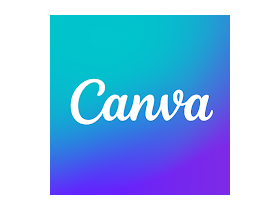
Canva is the best digital design tool for marketers without design skills. It provides templates for social media posts, infographics, and ad creatives. The drag-and-drop interface and free version make Canva a go-to for small teams and content creators.
Key Features:
100,000+ templates
Brand kit functionality
Video editing capabilities
Team collaboration tools
7. BuzzSumo - The Content Idea Generator

BuzzSumo: Not sure what to write about? With the help of BuzzSumo's expanded 2025 feature set, content marketers can research trending topics, identify high-performing content, and track the most influential voices in their industry
Social Media Management: Your Digital Megaphone
8. Hootsuite - The Social Media Command Center

Hootsuite: Say goodbye to setting alarms to publish content with Hootsuite, an incredibly helpful tool that can schedule and manage content, in addition to collecting valuable information about engagement and traffic
Key Features:
Schedule posts across 35+ networks
Social listening capabilities
Team collaboration tools
Advanced analytics and reporting
9. Later - Visual Content Scheduling Perfected
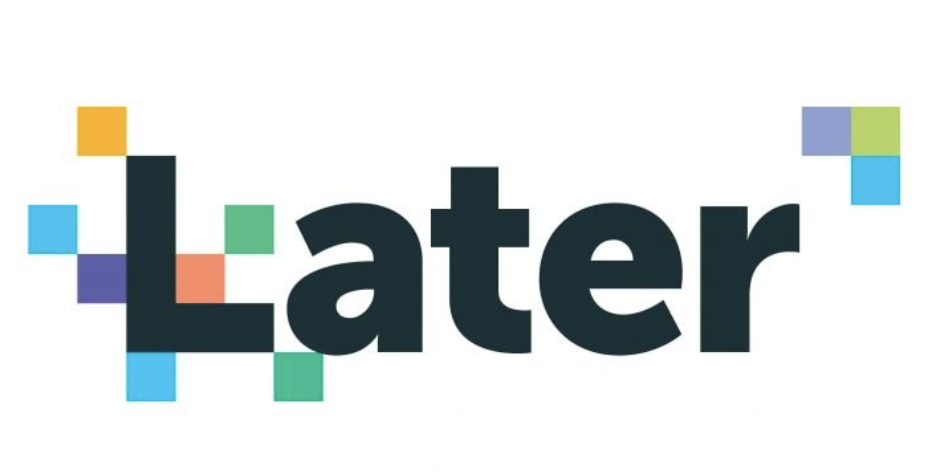
Later: For those who are looking for deeper insights into the visual aspects of their content and scheduling out lots of different items across time, Later's updated interface in 2025 allows for even more precise content calendar visualizations and integration with emerging social platforms.
Perfect for: Instagram-heavy businesses and visual content creators
Email Marketing & Automation: The Revenue Drivers
10. HubSpot - The Inbound Marketing Juggernaut
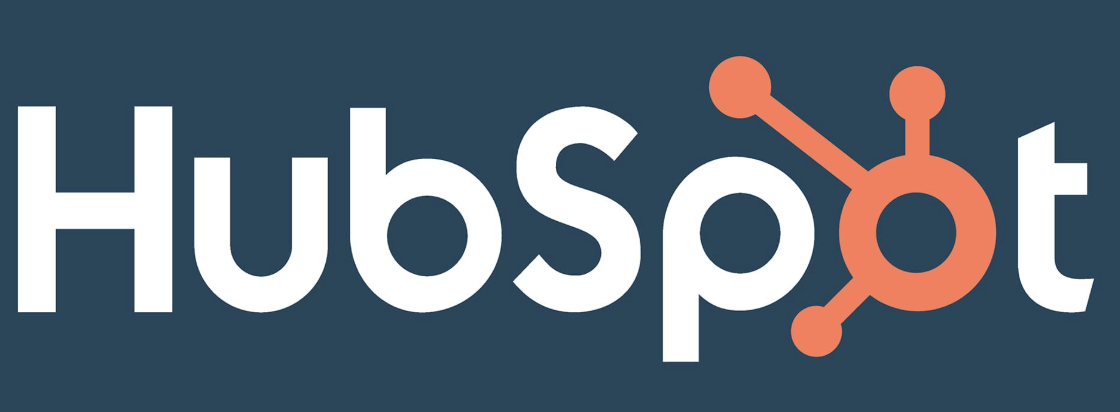
HubSpot is a full-stack CRM and inbound marketing platform. It offers tools for lead generation, email campaigns, and customer management. Its biggest strength is the integration of all marketing functions in one place, helping businesses streamline workflows and improve ROI.
Why businesses love it: It's like having an entire marketing department in software form.
11. Mailchimp - The Small Business Favorite
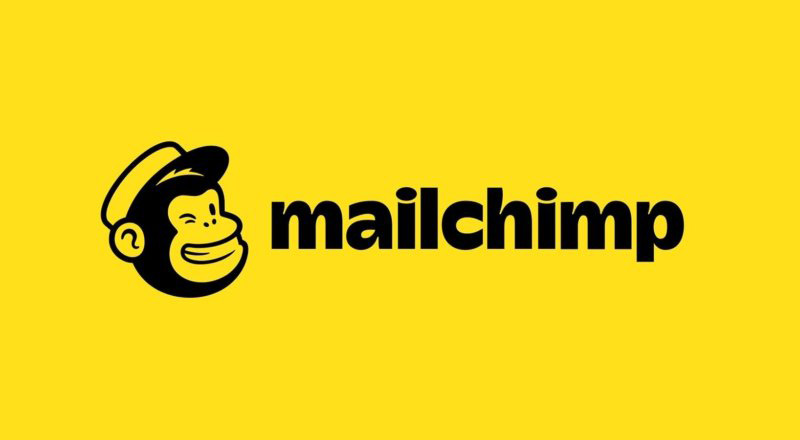
The best digital marketing tool for small businesses is Mailchimp. It's user-friendly, affordable, and packed with features that cater to growing businesses.
Key Features:
Drag-and-drop email builder
Advanced segmentation
A/B testing capabilities
E-commerce integrations
12. Klaviyo - The E-commerce Email Specialist
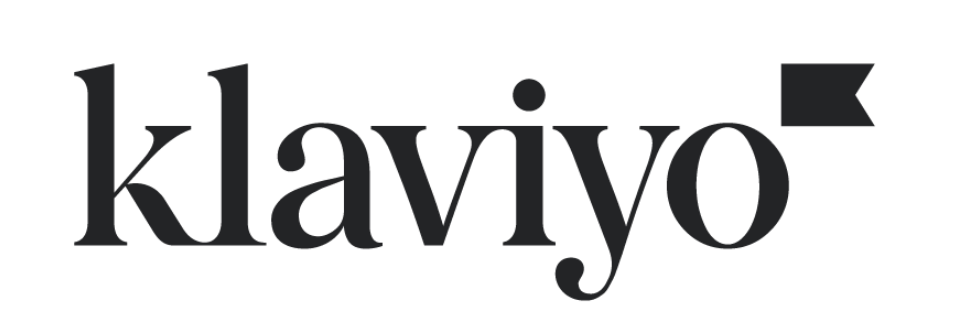
Klaviyo is a data-driven marketing automation platform built specifically for eCommerce brands. When I used it, some of the features I highlighted were its deep customer segmentation, abandoned cart recovery, and predictive analytics – all made with online sales in mind. This platform integrates with Shopify, WooCommerce, and Magento.
B2B Outreach & Lead Generation: The Relationship Builders
13. Emelia.io - The B2B Cold Email Champion

When it comes to B2B outreach and cold email campaigns, you need a platform that understands the nuances of business-to-business communication. Emelia.io stands out as a comprehensive solution that combines cold email automation with powerful prospecting features.
Why Emelia.io excels:
Advanced email deliverability optimization
LinkedIn Sales Navigator integration for seamless prospecting
Email finder and verification tools
Automated follow-up sequences
A/B testing capabilities
Detailed analytics and reporting
Unlike generic email tools, Emelia.io is specifically designed for B2B marketers who need to scale their outreach while maintaining personalization and avoiding spam folders. It's like having a sales development representative that never sleeps, never gets tired, and always follows up.
Perfect for: B2B companies, sales teams, marketing agencies, and anyone serious about scaling their outreach efforts.
14. Apollo.io - The Sales Intelligence Platform

Apollo.io – Best for businesses looking for a single platform with great prospect data and multichannel outreach
.Key Features:
210M+ contact database
Email sequencing
Sales intelligence
CRM integrations
Conversion Optimization: Turning Visitors into Customers
15. Hotjar - The User Behavior Detective
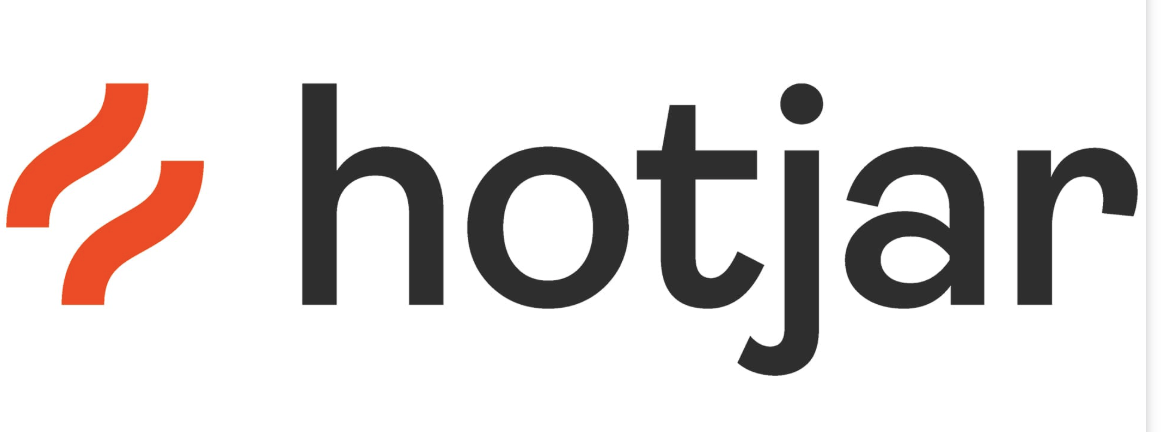
Hotjar is a heat mapping tool that enables you to better understand how people interact with your website. With Hotjar, you can see where people engage with your website, what gets overlooked, and what features drive people to convert. This digital marketing tool also comes with a recording feature that enables you to see a real person's interaction with your website.
16. Typeform - The Conversion Form Master
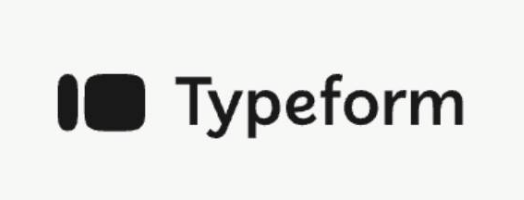
If you use forms on your website, Typeform can help you create forms that are more elegant and functional to drive better results for your business. Typeform can help you create anything from sign-ups to feedback forms to referrals. They offer dozens of templates to help you get started.
Paid Advertising: Your Fast Track to Growth
17. Google Ads - The Search Advertising Giant
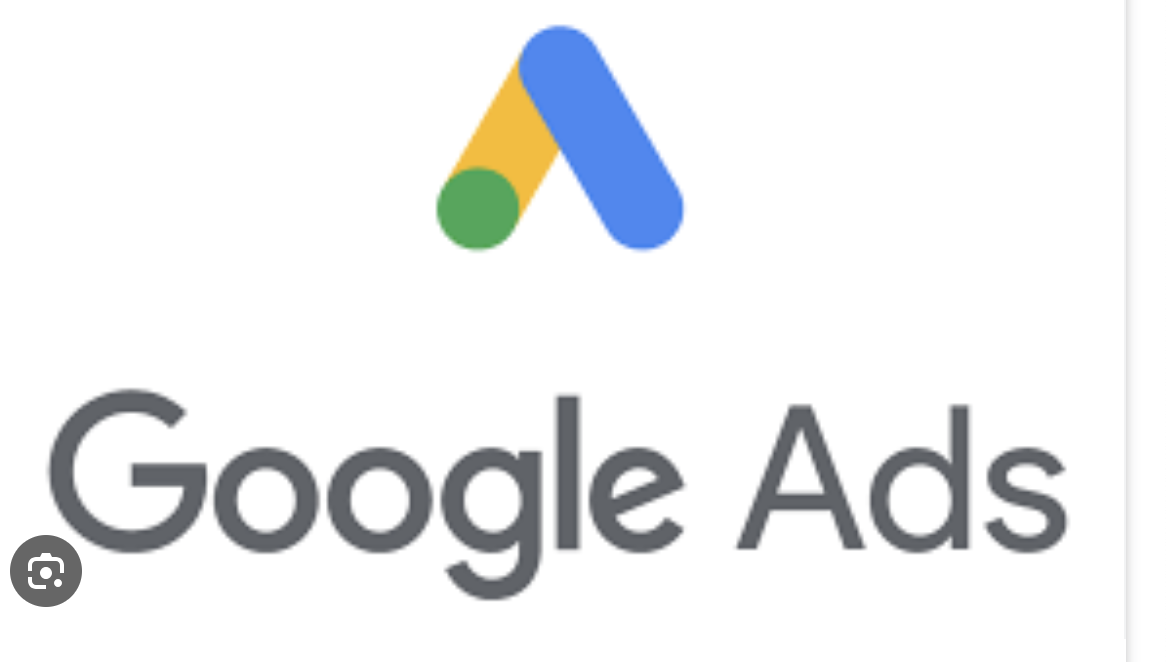
Google Ads: Run targeted ads through Search, Display, YouTube, and Shopping campaigns. Ideal for reaching users with high purchase intent
.Why it's indispensable: When someone searches for what you offer, Google Ads puts you right in front of them. It's like having a salesperson at every potential customer's fingertips.
18. Facebook Ads Manager - The Social Advertising Powerhouse

Facebook & Instagram Ads: Powerful targeting options to reach specific demographics, interests, and behaviors. Includes formats like Stories, Reels, and Carousel Ads.
Project Management & Collaboration: Keeping the Machine Running
19. Monday.com - The Visual Project Manager
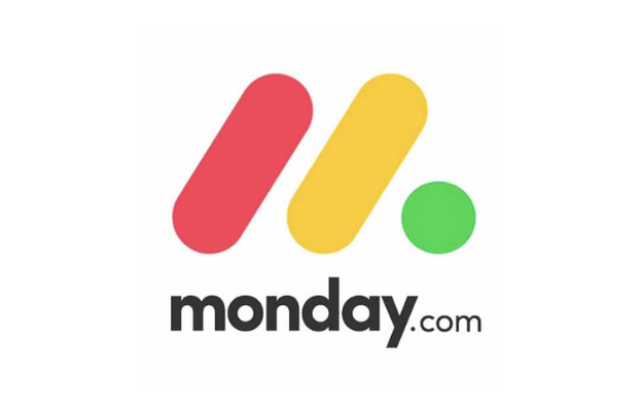
Monday is a work operating system (Work OS) that helps you plan, organize, and monitor projects
Key Features:
Customizable workflows
Time tracking
Team collaboration
Integration with 200+ tools
20. Slack - The Communication Hub

Why every marketing team needs it: Marketing is a team sport, and Slack is your digital playing field where strategy sessions happen in real-time, files get shared instantly, and nothing falls through the cracks.
Customer Relationship Management: Nurturing Your Gold Mine
21. Pipedrive - The Sales-Focused CRM

For powerful CRM and lead management: Pipedrive, HoneyBook, Insider.
Key Features:
Visual sales pipeline
Activity reminders
Email integration
Sales reporting
How to Choose the Right Tools for Your Business
Selecting the perfect digital marketing tools is like building your own superhero team—each tool should have unique powers that complement the others. Here's your decision-making framework:
Consider Your Business Size and Budget
Business Type | Recommended Budget | Essential Tools |
|---|---|---|
Startup/Solo | $200-500/month | Google Analytics, Canva, Mailchimp, Hootsuite |
Small Business | $500-1500/month | Add HubSpot, Ahrefs, Emelia.io |
Medium Business | $1500-5000/month | Add Salesforce, Jasper AI, Hotjar |
Enterprise | $5000+/month | Full suite with custom integrations |
Start with the Foundation
Relying on guesswork isn't effective. The best tools, such as Mixpanel and Adobe Analytics, deliver clear, actionable insights without overwhelming you with data – so you can see what's actually working.
The Non-Negotiables:
Analytics (Google Analytics 4)
Email Marketing (HubSpot or Mailchimp)
Social Media Management (Hootsuite or Later)
Content Creation (Canva)
Integration is King
Marketing is most effective when everything is linked. I looked into whether tools like SEMrush, HoneyBook, and Sprout Social can easily connect with CRMs, analytics, and automation tools, which helps cut down on manual tasks.Look for tools that play nice together. A marketing stack with poor integration is like a sports car with square wheels—technically impressive but practically useless.
2025 Digital Marketing Tool Trends to Watch
AI Integration Everywhere
AI marketing is the future for how we connect with our target audiences. While AI today is simply just complex machine learning, the future of AI marketing software is bright.Every tool on this list is incorporating AI in some form—from content creation to predictive analytics. The tools that embrace AI while maintaining human oversight are winning big in 2025.
Privacy-First Marketing
With increased privacy regulations, tools that prioritize data protection and consent management are becoming essential. Your choice of tools should reflect your commitment to customer privacy.
All-in-One Platforms Rising
Digital marketing platforms are software solutions that help businesses plan, execute, manage, and analyze their digital marketing activities. These platforms often integrate multiple marketing channels and provide tools for automation, analytics, and optimization. They bring together various marketing tools and features under one roof, ensuring quick collaboration, smooth workflow management, and comprehensive performance tracking.The trend is moving toward comprehensive platforms that handle multiple marketing functions instead of point solutions.
ROI Measurement: Proving Your Tool Investment
Digital marketing platforms help businesses see where their money is going. They provide real-time data on ad costs, clicks, and sales. Businesses can track important numbers like cost-per-click (CPC) and return on ad spend (ROAS). This helps them spend money on ads that work and stop wasting money on ones that don't.
Key Metrics to Track:
Tool Category | Primary ROI Metric | Secondary Metrics |
|---|---|---|
Email Marketing | Revenue per email | Open rate, CTR, unsubscribe rate |
SEO Tools | Organic traffic value | Keyword rankings, backlink growth |
Social Media | Engagement rate | Follower growth, share rate |
Paid Ads | ROAS | CPC, conversion rate, CPM |
CRM | Customer lifetime value | Sales cycle length, lead quality |
Common Tool Selection Mistakes (And How to Avoid Them)
Mistake #1: Shiny Object Syndrome
Every week there's a new "revolutionary" tool promising to change everything. Every week, there's a new platform promising to "revolutionize your SEO game." The truth is, most of them just add noise.
The Fix: Stick to proven tools that solve real problems in your business.
Mistake #2: Over-Engineering Your Stack
Having 47 different tools doesn't make you more efficient—it makes you a digital hoarder.
The Fix: Start simple, then add complexity only when you can prove the need.
Mistake #3: Ignoring User Adoption
The best tool in the world is worthless if your team won't use it.
The Fix: Involve your team in the selection process and prioritize user-friendly interfaces.
Getting Started: Your 30-Day Implementation Plan
Week 1: Foundation Setup
Install Google Analytics 4
Set up basic email marketing with Mailchimp or HubSpot
Create social media scheduling with Hootsuite
Week 2: Content & Design
Set up Canva for design needs
Begin content research with BuzzSumo
Start keyword research with Ahrefs or Semrush
Week 3: Outreach & Conversion
Implement B2B outreach with Emelia.io (if applicable)
Set up Hotjar for user behavior analysis
Configure lead generation forms
Week 4: Optimization & Analysis
Create dashboards for key metrics
Set up automated reports
Plan your first optimization tests
Frequently Asked Questions

What's the minimum budget needed for effective digital marketing tools?
Most businesses allocate 10-25% of their marketing budget to digital marketing tools and services. For a small business, you can start with $200-300/month and scale up as you grow. The key is starting with essential tools rather than trying to buy everything at once.
Should I choose all-in-one platforms or specialized tools?
It depends on your business size and complexity. Startups and small businesses often benefit from all-in-one platforms like HubSpot for simplicity. Larger businesses might need specialized tools for specific functions. There's no right answer—only what works for your situation.
How do I know if a tool is worth the investment?
Track specific metrics before and after implementation. For email tools, monitor revenue per email. For SEO tools, track organic traffic growth. For social media tools, measure engagement and lead generation. Set a 90-day evaluation period to assess ROI.
Can free tools compete with paid alternatives?
Some free tools like Google Analytics are industry standards. However, as you scale, you'll likely need the advanced features that paid tools provide. Start with free versions when available, then upgrade as your needs grow.
How often should I review and update my tool stack?
Quarterly reviews are ideal. Technology moves fast, and new features or tools might better serve your needs. However, avoid changing tools too frequently—it disrupts workflows and wastes time on setup and training.
What's the biggest mistake businesses make with marketing tools?
What you really need are tools that give you insights, not just data. You need the tools that help you make smart decisions. The biggest mistake is collecting data without acting on it. Tools should drive decisions and actions, not just create pretty dashboards.
The digital marketing landscape in 2025 is like a high-stakes chess game—the players with the best tools and strategies win. These 20 digital marketing tools represent the cream of the crop, each designed to give you a competitive edge in specific areas of your marketing efforts.Remember, the goal isn't to use every tool on this list. It's to select the ones that align with your business goals, integrate well together, and solve real problems in your marketing process. Start with the essentials, master them, then gradually expand your toolkit as your business grows.The future belongs to marketers who combine strategic thinking with powerful tools. Armed with this list, you're ready to dominate 2025 and beyond. Now stop reading about tools and start using them—your competitors won't wait for you to catch up.Ready to supercharge your B2B outreach?

Clear, transparent prices without hidden fees
No commitment, prices to help you increase your prospecting.
Credits(optional)
You don't need credits if you just want to send emails or do actions on LinkedIn
May use it for :
Find Emails
AI Action
Phone Finder
Verify Emails
€19per month
1,000
5,000
10,000
50,000
100,000
1,000 Emails found
1,000 AI Actions
20 Number
4,000 Verify
€19per month
Discover other articles that might interest you !
See all articlesSoftware
Published on Jul 6, 2025
Kaspr vs RocketReach: The Ultimate Comparison of B2B Prospecting Tools for 2025
 Niels Co-founder
Niels Co-founderRead more
Software
Published on Nov 3, 2025
5 Online Reputation Management Software Tools That Actually Protect Your Brand (Without Breaking the Bank)
 Niels Co-founder
Niels Co-founderRead more
Software
Published on Nov 5, 2025
5 Marketing Analytics Software Tools That Actually Deserve Your Attention in 2025
 Niels Co-founder
Niels Co-founderRead more
B2B Prospecting
Published on Aug 26, 2025
Do You use Yesware? These 7 Alternatives Will Change your Mind.
 Mathieu Co-founder
Mathieu Co-founderRead more
Software
Published on Nov 25, 2025
5 Public Relations (PR) Tools That'll Actually Transform Your Media Game in 2025
 Niels Co-founder
Niels Co-founderRead more
Tips and training
Published on Dec 5, 2022
Few things to avoid in your campaigns
 Niels Co-founder
Niels Co-founderRead more
Made with ❤ for Growth Marketers by Growth Marketers
Copyright © 2026 Emelia All Rights Reserved
